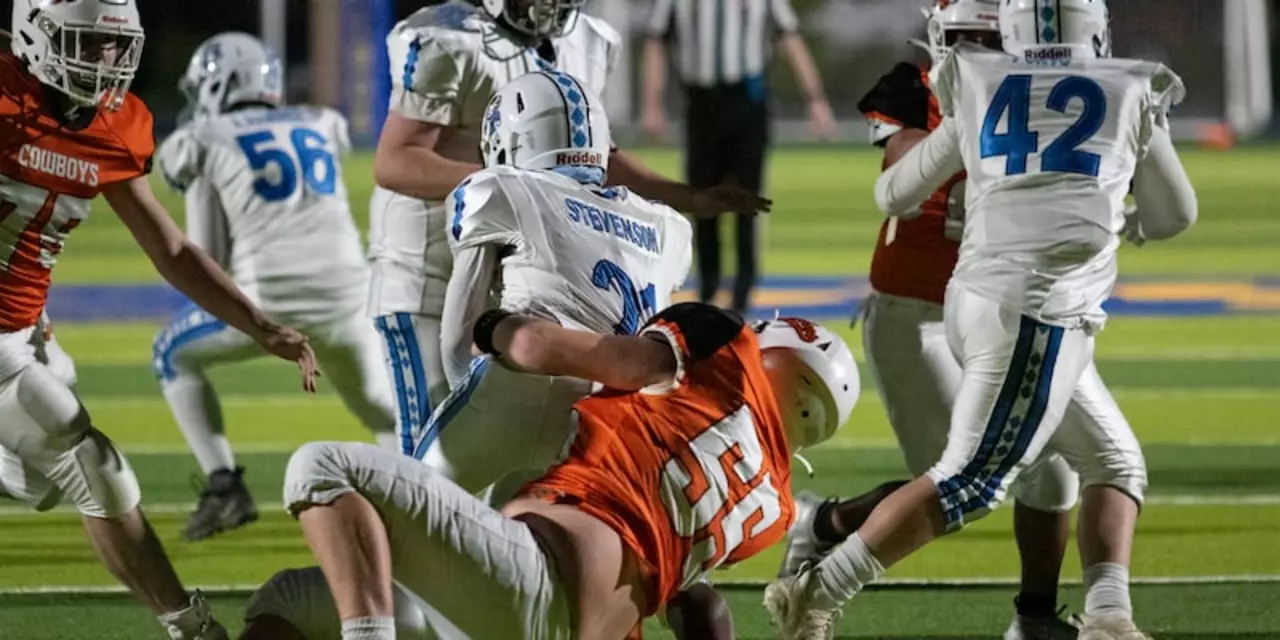Week in Sports
When talking about week, a seven‑day period that structures the rhythm of sports competitions, from local matches to major league showdowns. Also called sports week, it helps fans, teams and broadcasters stay on track.
A football, the game where two teams chase a ball across a field to score points season is built around weeks. Each week brings a new set of fixtures, injuries, and storylines that shape the league table. Week encompasses the schedule, the anticipation, and the post‑game analysis that fans devour.
The NFL, America's professional football league with 32 teams competing from September to February treats every week like a mini‑tournament. Thursday Night Football, Sunday afternoon matchups, and Monday night prime‑time games all fold into a single calendar slice. This weekly rhythm drives media coverage, betting markets, and fan gatherings.
Meanwhile, college football, the collegiate version of American football that feeds the NFL pipeline relies on weekly rivalries to keep campuses buzzing. A single week can feature a historic upset, a bowl‑eligible push, or a coaching shake‑up. The weekly cadence forces teams to balance training, academics, and travel.
Why a sports week matters to you
Fans use the week as a planning tool. Whether you’re booking tickets, setting reminders, or syncing your fantasy league, the weekly schedule tells you when to tune in. Broadcasters slot advertising, sponsors line up promotions, and venues schedule maintenance around this predictable cycle. In short, week drives the logistics that let the games happen.
From a content perspective, writers and podcasters break down the week into bite‑size stories. A week might host a dramatic comeback, a controversial referee call, or a record‑breaking performance. Those moments become the headlines you see in our tag collection below.
Local leagues also fit into the weekly picture. Community soccer matches, weekend rowing regattas, and mid‑week basketball tournaments all follow the same seven‑day pattern. This creates a grassroots layer that fuels the passion seen at the professional level.
Because the week repeats, trends become visible. You can track a team's form across multiple weeks, spot injury patterns, or measure fan attendance spikes after big wins. That data fuels analysis pieces and helps coaches adjust strategies.
Our articles cover a range of weekly topics: from why Los Angeles lacks its own football team, to the “witching hour” on NFL Sundays, and even the debate over showboating in pro sports. Each post ties back to the core idea of a sports week shaping conversation.
So, as you scroll down, expect to find deep dives on weekly matchups, schedule quirks, and the stories that make each seven‑day stretch worth watching. Dive in and see how the week frames everything that happens on the field and beyond.
The NFL practice week contains six days of practice. Teams are allowed to hold one practice session per day, with no more than four hours of on-field activities. There are various types of practices, such as walkthroughs, meetings, and full pads. The league also mandates two days off, which teams typically use to give players rest and recovery time. Overall, teams in the NFL will practice for four to five days per week.

 Sports News
Sports News